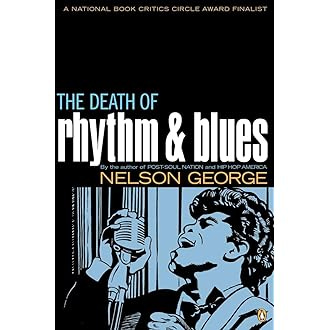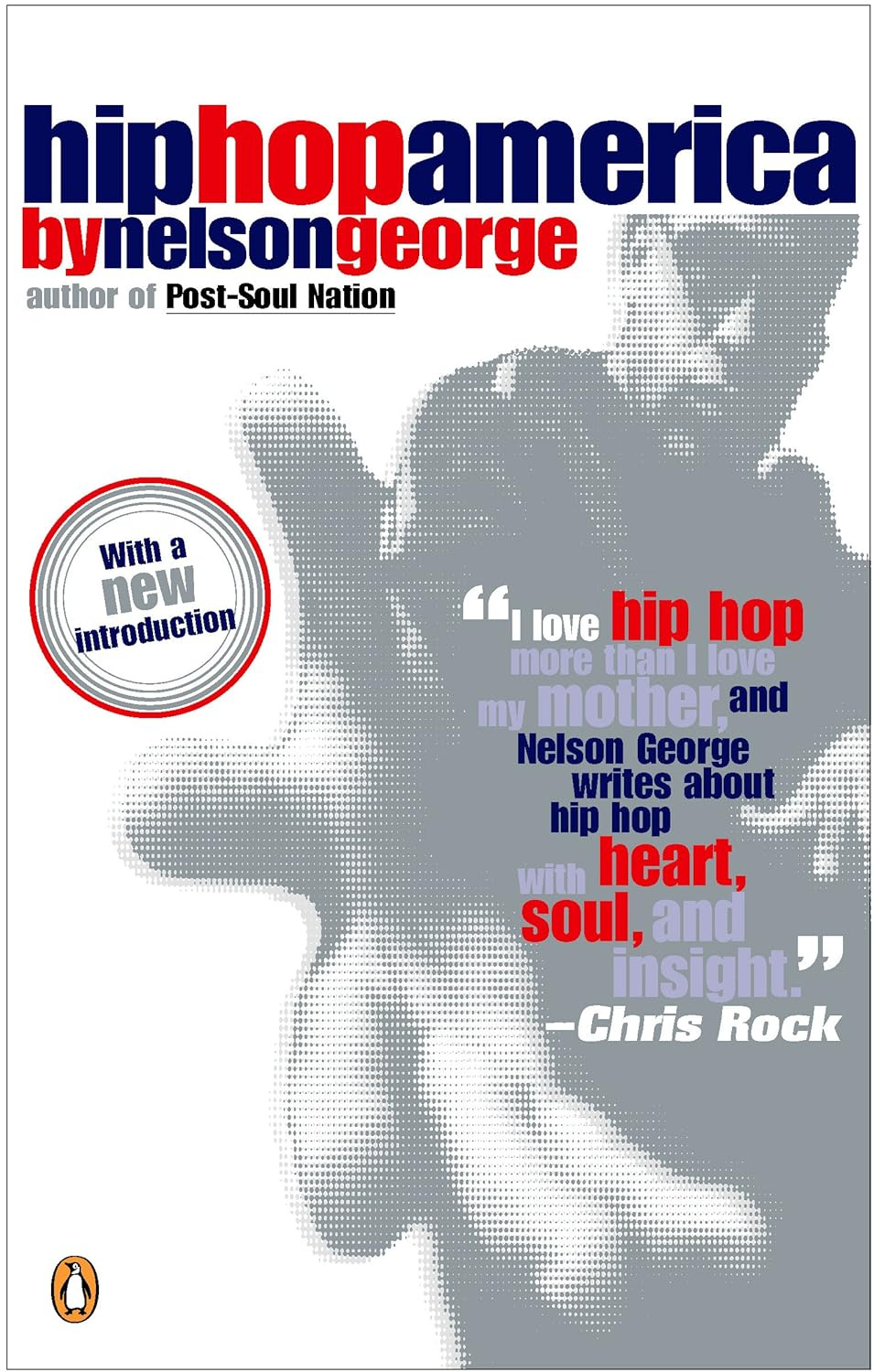MY BLACK MUSIC TRILOGY
My three of my most important books document major threads in African-American history #blackmusicmonth
Back in the mid-70s when Jimmy Carter named June black music month, I was in college with a desire to document and critic black American music. I was obsessed with the Motown Records success story. How did a young man named Berry Gordy build a company with global appeal out of Detroit, Michigan? I spend much of my twenties interviewing people in the business about the label, meeting his artists and musicians, and getting understand how the music industry worked as an editor at Record World and Billboard.
In 1986 I published ‘Where Did Our Love Go?: The Rise and Fall of the Motown Sound,’ which a United Kingdom poll voted the best volumne on the historic label just two years ago. That its had legs is very much due to the honesty of “the Funk Brothers” musicians who spoke with me on several trips to the Motor City. Detroit in the ‘80s was not a very hospitable place, but the players made me comfortable and told their truth.
It was in researching Motown that the idea for a larger, more comprehensive history developed.
‘Where Did Our Love Go?’ was lazer focused on the doings are at Motown, I saw the opportunity for a bigger work. My frustration with most music history books was the absence of a real understanding of the role that radio, retail, club and concert bookers, and publicist played in what I saw as “the R&B world.” Segregation had forced the creation of an alternative business structure that was made hits and stars possible. I saw it as a parallel to baseball’s Negro Leagues and, like the Negro Leagues, it was profoundly altered by its embrace by white corporations. ‘The Death of Rhythm & Blues,’ published in 1988, was very much the product of conversations with behind the scenes folks. In this case it wasn’t so much musicians as it was radio DJs, record store owners, talent managers and promotion people. The book is still taught at many univerities because it brought nuance and lived experience to a very long and complex journey.
While I was writing this book, I was also knee deep in covering a new genre of music that had been labeled hip hop. Rap records, and the cultural/industry growing around it, was teased at the end of ‘The Death of Rhythm & Blues’ as a potential new path for black music, but no one knew it would become the new point of reference for a generation.
By the mid-90s I had grown tired of being embedded in the music business. I was writng novels, screenplays, and books on basketball. I had collected some notes on the evolution of hip hop but, as the genre had come to dominate pop music, I wondered if what I thought had any relevance. Then the murders of Tupac Shakur and Christopher Wallace shook me and I expanded on my notes and published ‘Hip Hop America’ in 1998. Unlike the previous two history books, where I’d experienced much of the story as a child and then had to go back and find participants, I’d covered hip hop from its inception in NYC circa ‘70s. While I was writing the previous two books late at night, I was living ‘Hip Hop America’ during the day and early evening. Free from having to estbalish so much of the subject’s cultural context, this book is more essay like with sections on sports and masculinity.
I’ve since published other works on musical culture (which I’ll discuss later in the month), but I’ve always seen these three as part of an overlapping narrative about black popular music, its creation, its distribution, and its audience(s). Much of what I post here at The Nelson George Mixtape is inspired by these works and, in many ways, is a continuation of this long running story.
[FYI for Audio books fans all these titles are available on Audible. Links below.]
https://www.amazon.com/stores/Nelson-George/author/B001HD3UQK?pd_rd_w=mapXO&content-id=amzn1.sym.2518befe-f203-4b06-b73c-15190b673369&pf_rd_p=2518befe-f203-4b06-b73c-15190b673369&pf_rd_r=CYWD41J8SEBT452R07ZV&pd_rd_wg=kYQts&pd_rd_r=cb64dfc9-76c5-4598-85e7-b96d42ba82c8&pd_rd_i=0142004081&ref=ap_rdr&isDramIntegrated=true&shoppingPortalEnabled=true






